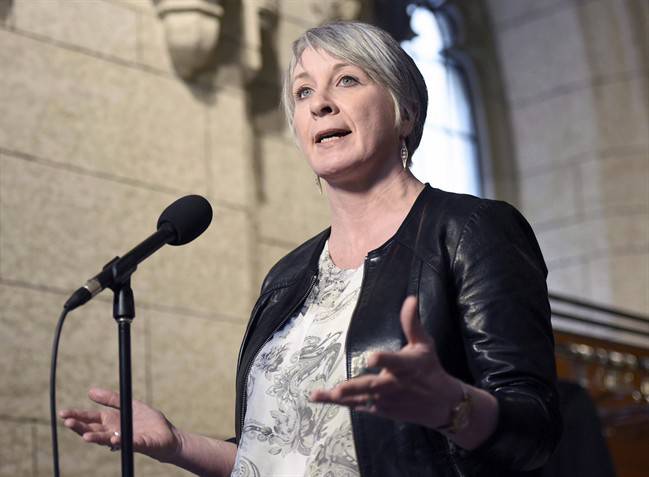Mill Stream Bible Camp, operated by BCM International, had been receiving federal grants through the Canada Summer Jobs program. BCM had been using the funds to provide summer jobs for high school and college students to work at its camps and to allow underprivileged children to attend those camps whenever parents could not afford the fees.
In 2019, BCM submitted a grant application to the Canada Summer Jobs program. To their surprise, Service Canada rejected BCM’s grant application on May 2, 2019, because BCM would not accept the controversial 2018 CSJ attestation, which required BCM to express agreement with abortion as a funding condition. Without providing a detailed or specific explanation, Service Canada claimed that the summer camp positions at Mill Stream Bible Camp would “restrict access to programs, services, or employment, or otherwise discriminate, contrary to applicable laws, on the basis of prohibited grounds, including sex, genetic characteristics, religion, race, national or ethnic origin, colour, mental or physical disability, sexual orientation, or gender identity or expression.” Because of this decision, Mill Stream Bible Camp was unable to hire sufficient staff for the 2019 camping season and were forced to turn away more than one dozen children who could not afford camp.
Documents uncovered by the Justice Centre in the litigation process reveal that Mill Stream was deemed ineligible for grants from the Canada Summer Jobs program on account of its Christian beliefs. As explained in a court-filed affidavit, some of the summer job positions at Mill Stream required a mature understanding of Christian beliefs. Hence, Mill Stream asked job applicants about their Christian beliefs to allow the summer camp “to determine what role they are able to fulfill” at the camp. Documents obtained by the Justice Centre record how government employees described the summer camps’ beliefs as “controversial church doctrine along with discriminating hiring practices based on church beliefs”, and denied the summer camps’ applications. Service Canada did not provide the summer camp with any opportunity to respond to these accusations.
The Justice Centre appeared in Court on April 14, 2021, challenging the Federal Government’s denial of the children’s summer camp’s application for funding under the Canada Summer Jobs Program. Internal government records indicated that the camp had been deemed to adhere to “controversial Church beliefs”.
On June 29, 2021, the Federal Court struck down the discriminatory decision against Mill Stream Bible Camp. The Honourable Justice Richard Mosley ruled that the summer camp had been denied procedural fairness and had been subjected to an unreasonable decision to withhold $45,600 to fund six jobs for summer camp counsellors. The federal court ordered legal costs to be paid by the government to the summer camp.
Justice Mosley determined a Charter analysis of the decision to deny the CSJ application was not required, because the case could be decided on other grounds.
The Justice noted, “The Minister did not provide [BCM] an opportunity to provide relevant evidence” in denying the decision. Justice Mosley specifically noted “nothing in the correspondence” between the government department and the summer camp would have suggested the project would be deemed ineligible. As a result, the Minister breached her procedural fairness obligation.”
The Justice noted the Minister never assessed if the summer camp was guilty of discrimination, and yet the grant application was still denied on the basis of unspecified discrimination. Justice Mosley noted, “It remains to be considered, perhaps in another case, whether government officials should be basing their program advice to Ministers on their opinions of what constitutes ‘controversial church beliefs’.”
Jay Cameron, (then) Justice Centre Litigation Director, stated, “Despite the fact that religious organizations do an incredible amount of charitable work in Canada, this ruling shows that the federal government has continued its campaign of discrimination against those who hold beliefs the government disagrees with. Such actions are directly contrary to the Canadian Charter of Rights and Freedoms, which protects the right of religious groups to hold and profess their beliefs, and to associate accordingly to carry out their charitable purposes. Allowing government employees to dictate who can and cannot participate in a government program, based on the beliefs or bias of those government employees, is absolutely unacceptable in a free and democratic society.”




